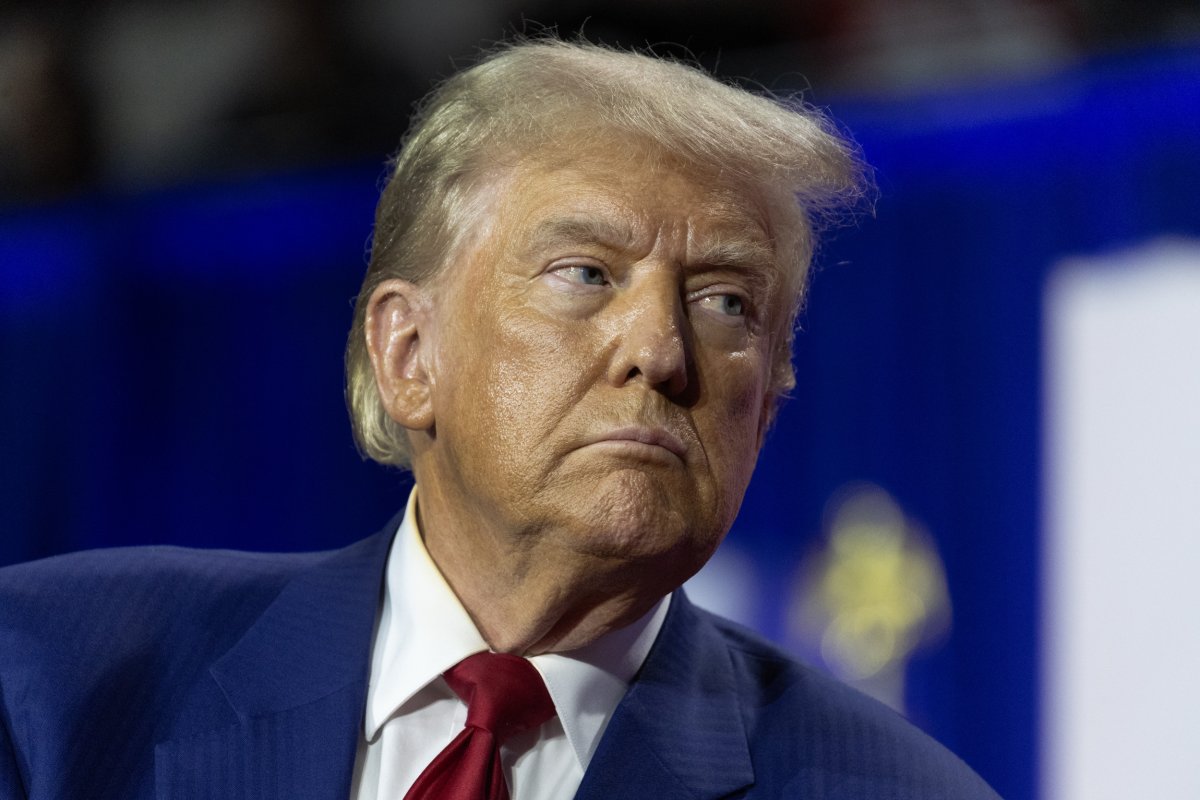Trump’s Polling Problem: Voters No Longer Blame Economy on Biden
In a significant shift in public sentiment, recent polls indicate that American voters are increasingly holding President Donald Trump accountable for the nation’s economic challenges, marking a reversal from previous trends where former President Joe Biden bore the brunt of the blame.
A CBS News poll revealed that a majority of Americans disapprove of President Trump’s handling of the economy, with 55% expressing dissatisfaction.
This disapproval is largely attributed to the administration’s tariff policies, which have sparked concerns about rising consumer prices and market instability. Notably, a Quinnipiac University poll found that 72% of registered voters believe Trump’s tariffs would harm the U.S. economy in the short term, with 53% fearing long-term repercussions.

Historically, new presidents have often blamed their predecessors for economic woes. However, the current trend deviates from this pattern. A report from Good Authority highlights that more Americans now attribute economic difficulties to Trump rather than Biden, especially among independent voters. This shift suggests that Trump’s strategies to deflect blame onto Biden are losing effectiveness.
Despite the growing public discontent, Trump’s core Republican base remains steadfast in their support. A New York Post article notes that while most Americans are beginning to blame Trump for economic strife, Republicans continue to back him through the tariff turmoil. This unwavering support underscores the deep partisan divide in perceptions of economic responsibility.
In response to these developments, Democratic leaders are mobilizing efforts to counter Trump’s narrative. Minnesota Governor Tim Walz, speaking at a town hall in Lorain, Ohio, emphasized the need for a more responsive and assertive opposition, highlighting public frustration over economic decline and political abandonment. Democrats are aiming to present clear alternatives and expand their outreach beyond traditional swing states to address voters’ concerns effectively.
As the 2025 political landscape evolves, the economy remains a pivotal issue. With public opinion shifting, both parties face the challenge of addressing economic concerns and restoring voter confidence.


Comments are closed, but trackbacks and pingbacks are open.